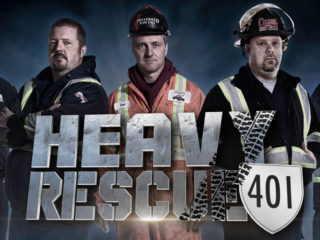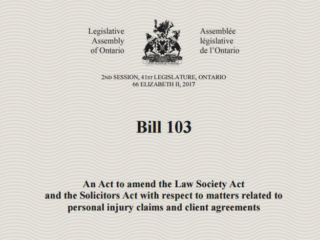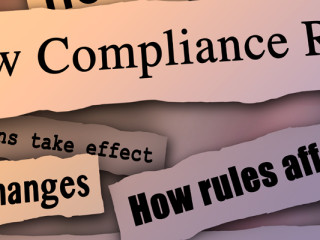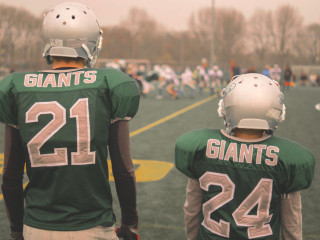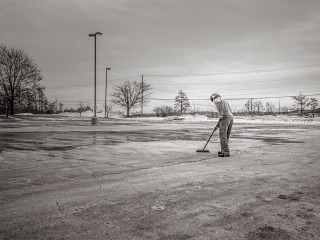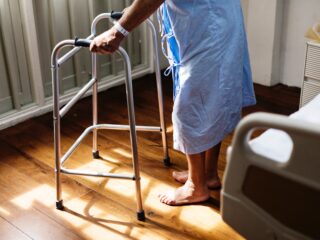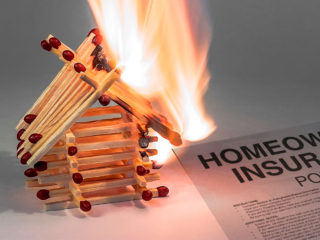In this decision, Justice Beaudoin excluded the defence expert’s evidence entirely. The evidence was biased and unreliable from the beginning and was, therefore, inadmissible.
The plaintiff suffered injuries during a procedure to remove a heart artery filter. During the procedure, his heart was punctured, resulting in paralysis of the lower extremities. The plaintiff had a complicated medical history, but was independent in almost all aspects of his daily life. Following the procedure, the plaintiff is confined to a wheelchair and requires constant care.
The defendants argued that the plaintiff would have found himself in this condition eventually regardless of the procedure. The defendants rely on the evidence of a physiatrist, Dr. Anthony Burns, to support their ‘crumbling skull argument’. The plaintiffs seek to exclude the evidence of the expert entirely. The defendants argue that the plaintiffs’ motion should be dismissed and that any concerns with respect to the expert’s evidence should go to its weight.
Justice Beaudoin concluded that the expert failed in his duty to provide fair, objective and reliable evidence, and the probative value of the expert’s evidence is outweighed by its prejudicial effect for the following reasons:
- In a report, the expert opined that “in the absence of the referenced incident Mr. Boone would have had to transition to primary wheelchair mobility for safety reasons within 5-10 years of February 2011.” At trial, he revised his opinion down to 1-2 years without providing a satisfactory explanation. The revised opinion was not based on new evidence. The revised opinion was not communicated to the plaintiffs, nor was a supplemental report served as required by Rule 53.
- The expert relied on a chronology prepared by an unknown person from the defence law firm without referring to the source documents. When the expert’s reliance on the chronology was repeatedly brought to his attention, he “doubled down”, which seriously undermined his credibility.
- The expert never assessed the plaintiff in person and his opinion was entirety dependent on his limited review of documents;
- The expert had a pattern of dogmatically sticking to an answer until getting caught in a verifiable contradiction;
- The expert opined on subject-matter outside of his area of expertise;
- The expert was persistently evasive in some of his answers; and
- The expert did not look at the entire medical records or satisfy himself that he had access to all relevant information in arriving at his opinion.
Justice Beaudoin concluded that there as an inherent bias in the defence expert’s evidence given that his opinion is based, in large part, on documents that the defendants’ counsel selected and sent to him. The expert either misinterpreted or misrepresented key documents and simply assumed the validity of assessments performed by other professionals.
This was the first time the defence expert testified as a litigation expert. He admitted a mistake only when he ran out of what he realized were unsatisfactory explanations for mistakes that were brought to his attention.
In the end, Justice Beaudoin was unable to give the defence expert’s opinion evidence any weight and it was excluded in its entirety.


